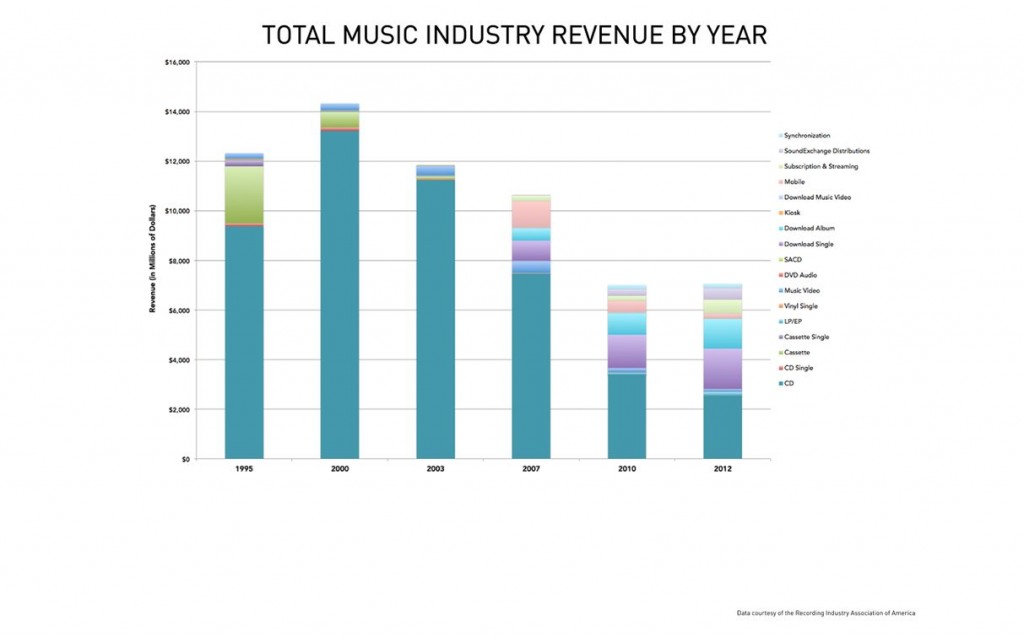August 2013 headlines: After six years of tutorials and millions of views, YouTube beauty guru Michelle Phan has launched her own 250-product line of makeup – backed by L’Oreal.
 I am not particularly a fan or expert on makeup (!) but I found it to be a great story to show the power of the Fourth Revolution. Michelle is clearly passionate about makeup. After some blogging she started posting videos on Youtube in 2007. Obviously there was a need! She has today 769 million views and has 4.6 million subscribers! And what was a passion became a business. AT 23 years old L’Orelas backed up her video making. And at 26 years old L’Oreal backs her up for a personal line of makeup.
I am not particularly a fan or expert on makeup (!) but I found it to be a great story to show the power of the Fourth Revolution. Michelle is clearly passionate about makeup. After some blogging she started posting videos on Youtube in 2007. Obviously there was a need! She has today 769 million views and has 4.6 million subscribers! And what was a passion became a business. AT 23 years old L’Orelas backed up her video making. And at 26 years old L’Oreal backs her up for a personal line of makeup.
This great post on Mashable explains her story. Her secret recipe is story-telling. “Success is like a lightning bolt. It’ll strike you when you least expect it, and you just have to keep the momentum going” she says! This other post is also quite instructive about her career.
Coming from a humble background, with passion and having obviously fun, Michelle created what will soon be an empire. She created tremendous value for many people (for free). And most of her fans are at the other end of the planet, in Asia. And all thanks to the Fourth Revolution!
Have a look at the promotional Youtube movie for her product line which recounts her journey and where she thanks the community she created around her for giving her all the ideas that founded her success and her product. Still don’t believe in the Fourth Revolution?
More material: Michelle has also her own Wikipedia page, here is the link to her Youtube channel, and her website.





 Large organizations need to be especially aware of the challenges they are likely to encounter in developing adaptative capabilities. Classical approaches to managing scale – delegation and specialization – can be highly efficient under stable conditions, but the hierarchical structures they produce are too rigid for the rapid learning and change required in turbulent environments.
Large organizations need to be especially aware of the challenges they are likely to encounter in developing adaptative capabilities. Classical approaches to managing scale – delegation and specialization – can be highly efficient under stable conditions, but the hierarchical structures they produce are too rigid for the rapid learning and change required in turbulent environments.

 Anyway, I found there an excellent career advice, and a new concept, the squiggle:
Anyway, I found there an excellent career advice, and a new concept, the squiggle: